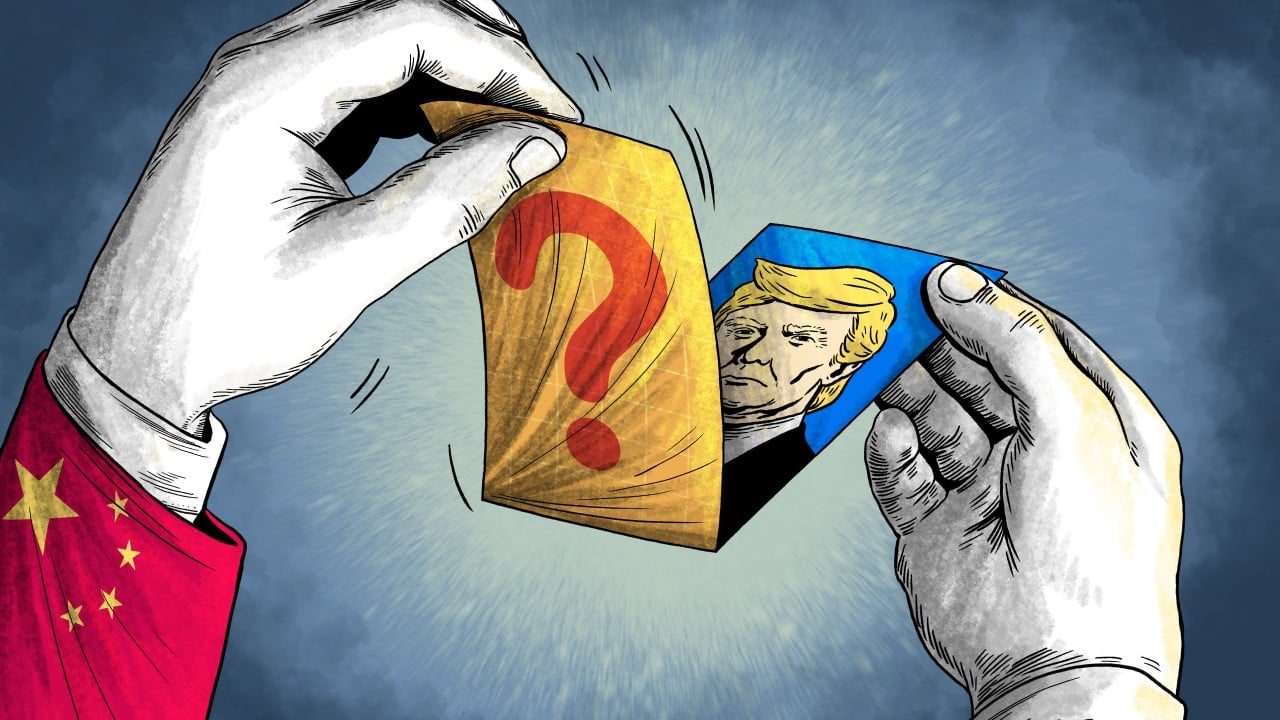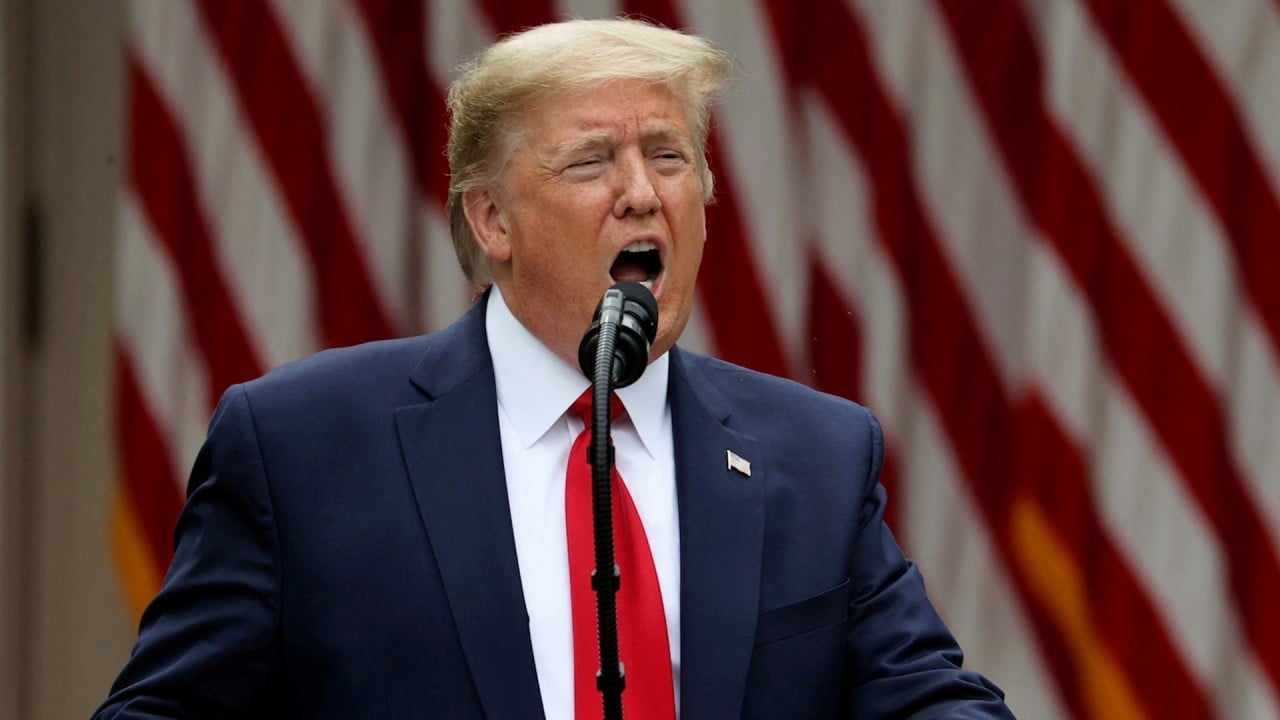After Washington announced fresh curbs on semiconductor exports to China this month, Beijing condemned the move as “malicious” suppression and said it would firmly defend the rights of Chinese businesses.
Advertisement
A day later, the Chinese government unveiled its own restrictions on mineral exports to the US including gallium, germanium, antimony and superhard materials, which are used in military and technological production.
Analysts say that swift retaliation – although aimed at measures implemented by the current Joe Biden administration – offers clues as to how China will approach the incoming government led by Donald Trump.
Speculation has been rife about how Beijing will take on Trump in his second presidency, given that the Republican’s first term was marked by a trade war with China and he has repeatedly vowed to slap additional tariffs on Chinese goods.
According to analysts, China is now more confident about dealing with Trump compared to the first time around, with Beijing expected to be less patient when faced with American tariffs and that it could instead respond with harsher restrictions of its own.
Robert Ross, a political science professor at Boston College, said Beijing’s response to the latest US technology restrictions was an effort to convey to the incoming administration that it will retaliate against such moves.
Advertisement


